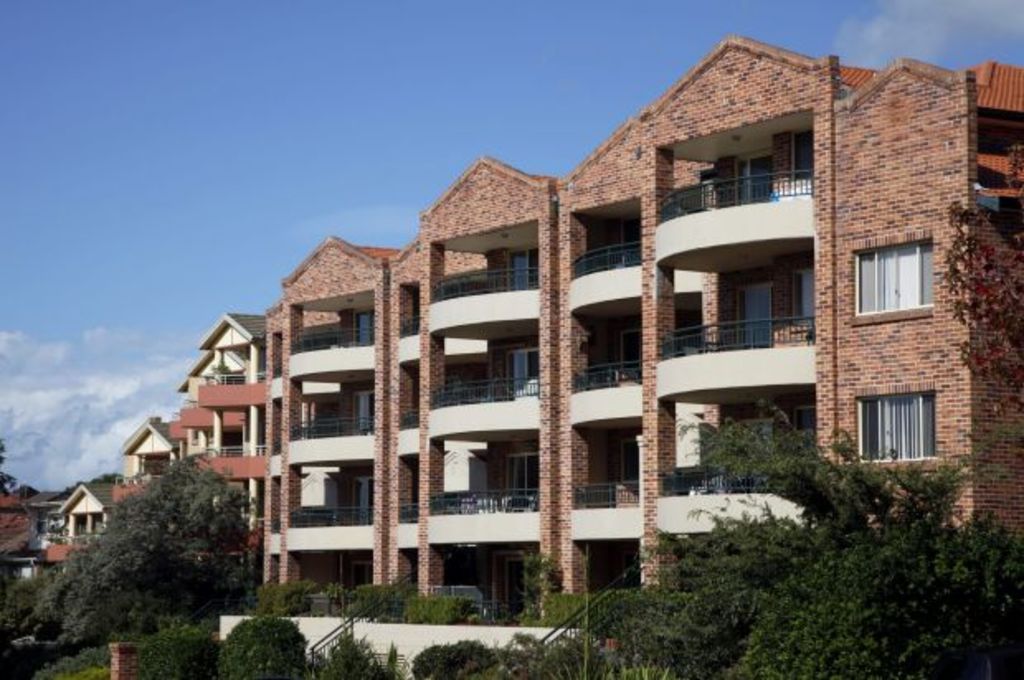Social impact investment could address housing shortage for Australia's most vulnerable, AHURI report finds

Investors with “good will” are a key piece to the puzzle if Australia is to solve its housing shortage problem for vulnerable people, a new report has found.
With almost 200,000 people on social housing waiting lists across the country, housing experts have found social impact investment would provide a lifeline to the nation’s most vulnerable groups.
Impact investing – when investors seek to make a positive impact while at the same time making a financial gain – can stack up, according to the report by the Australian Housing and Urban Research Institute (AHURI) and the Centre for Social Impact.
“Public housing stock just can’t cater to the [size of the] vulnerable low-income population anymore,” said professor Paul Flatau, study author and Director of the Centre for Social Impact at The University of Western Australia.
“Evidence shows [social impact investing in property] can be a success,” he said. “We’ve done the financial modelling … to see if investors are still getting a reasonable return at the low end of the rental market, and the answer is yes.”
However, given affordable and social housing properties rent at below market rate, it requires socially conscious investors who are happy to accept a lower return on an asset that offers more than just financial gain.
Given it’s a “hard ask” to get investors to accept lower returns, Mr Flatau said government assistance would also be required through measures such as capital gains discounts or tax concessions.
In addition to the Commonwealth’s bond aggregator model which will help fund community housing and social impact bonds that help provide social services, the report recommended further consideration of multiple measures – including investment by mutual funds which would enable investors to create a portfolio of affordable housing.
- Related: What renting will look like in 2027
- Related: More housing needed for key workers
- Related: Rent affordability falls to a record low
The findings of the report also reinforced the need for the government to revisit the dumped National Rental Affordability Scheme, which research suggests was limited by a lack of trust from institutional investors regarding the government’s ongoing commitment to subsiding rent.
Mr Flatau said supported low-income earners can be good long-term tenants and said the community should be “jumping in” to support vulnerable people – many of whom are elderly or disabled.
“A lot of elderly people [who are renting] are in a real vulnerable position, a lot have little or no superannuation,” he said.
“In the past a larger public housing stock was enough to look after them, but not any more.”
A recent report from Mission Australia highlighted the need for urgent action to reduce the number of older Australians being pushed into homelessness.
Chief executive Catherine Yeomans called on the government last week to commit to building 60,000 additional social housing dwellings specifically for older people.
“The number of people aged over 55 who are reaching out for assistance from specialist homelessness services continues to grow,” Ms Yeomans said.
“The high cost of housing is placing great financial strain on many older people, particularly those who are renting.”
About 1.62 per cent of rental properties are affordable and appropriate for a single person on an age pension, according to Anglicare’s Rental Affordability Snapshot 2017. This jumps to 4.28 per cent of properties for a couple.
Older women are particularly vulnerable to later-in-life homelessness, due to factors including a lack of superannuation, financial dependence and domestic and family violence.
Social impact investment, along with government intervention, could help provide a much needed boost for affordable accommodation.
While it has gained momentum overseas – social impact investment internationally in affordable housing accounts for 22 per cent of assets under total management – it’s yet to take off in Australia.
However, having seen more landlords in Australia willing to accept lower rent, more focus on institutional investing and superannuation funds looking to offer more ethical investment opportunities, Mr Flatau believes it’s only a matter of time.
“There’s no question that it’s a very young market here,” said Mr Flatau. “We’re coming in later than Britain and the US, but it’s likely to expand in Australia in the next few years.”
We recommend
States
Capital Cities
Capital Cities - Rentals
Popular Areas
Allhomes
More







